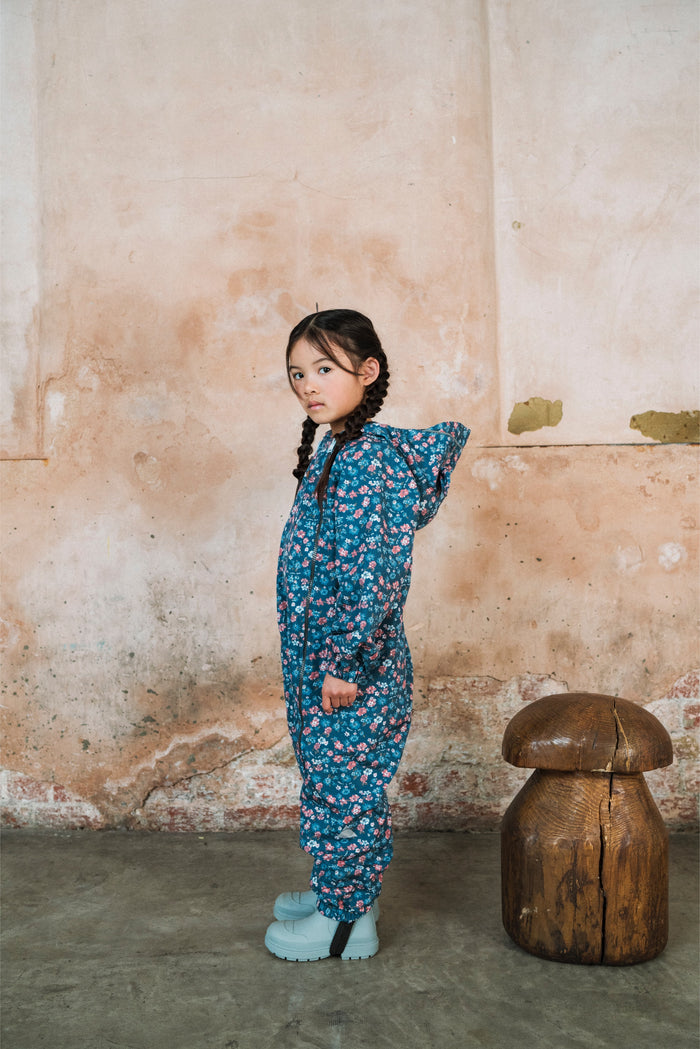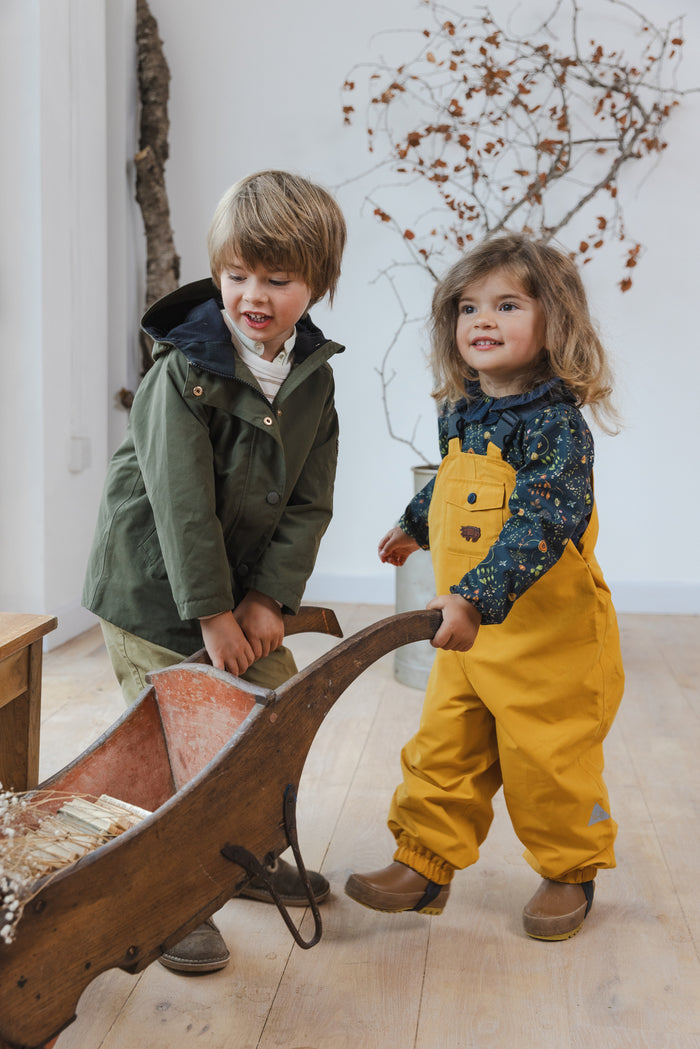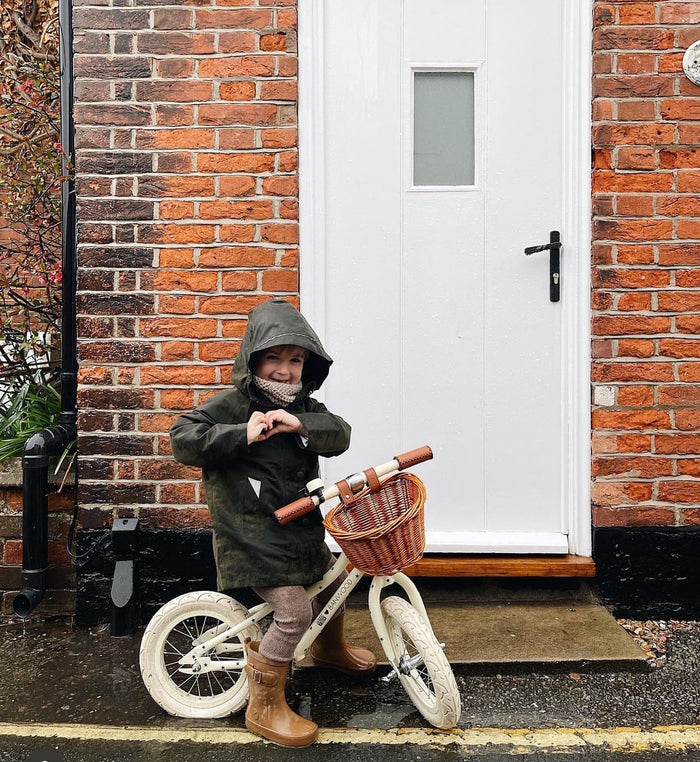"Teaching children about the natural world should be one of the most important events in their lives."


Prof. Chris Lowry, Colorado University
This is an incredible revelation as it really draws the relative simplicity (on the surface) of dirt or soil into a multi-faceted super power. If you consider the much overlooked bounty that lies beneath our feet, it is interesting to look at the universal benefits of soil. Of ingesting soil, of touching and running your fingers through it, of nurturing a seedling into a beautiful plant.
It nourishes us. It builds our immune system. It protects our mental health. It releases our pent up anxiety and tension and it ultimately keeps giving back to us; the more we nourish it, the more it gives us back.
We live in a dangerously over-modernised world where nature, both species and biodiversity, is being destroyed. Scientists and conservationists often refer to this era as the 'Sixth Mass Extinction'. Writing these words feels so small and futile, because this is so immense it's virtually impossible to convey. From a personal perspective of how this affects humans at their very core, their switch boards: where bacterial exposure is limited, allergies and immune disorders increase.
"A global loss of biodiversity, they reasoned, was to blame for the dysregulation of the human immune system and thus the increase in allergic and inflammatory diseases observed in developed nations around the world."

The bacterium found in soil helps build a strong and healthy immune system. Soil contains a ‘shield’ that protects our stomachs against harmful toxins, parasites and pathogens.
“This makes a lot of sense as plants are living organism, they grow in the soil. And even a three to four leaf spinach plant has over 800 different types of bacteria that live inside the plant.
“You can't wash them off when you eat fresh plants, you're eating living bacteria, and the more plants you eat, the more diverse exposure you will get.”
Prof. Chris Lowry, Colorado University
From a sensory perspective, the feeling of rain on your face or wind in your hair touches something primal within us. Physically feeling nature is an incredibly powerful thing. It is so important that children are given the opportunity to explore, given the tools to allow them to adventure freely, given the freedom to grow their imaginations in line with the diversity and endless wonder that lies all around.
"Biologically, chronologically, allegorically and delusionally, touch is the mother of all sensory systems. It is an ancient sense in evolution... It is the first sense aroused during a baby’s gestation and the last sense to fade at life’s culmination."
So come rain or shine, let them be wild. They may be small, but they be mighty, these Tiny Explorers. Let them feel nature and teach them to respect our powerful, fragile Mother Nature.
If we want our children to move mountains, we first have to let them get out of their chairs.
Nicolette Sowder







